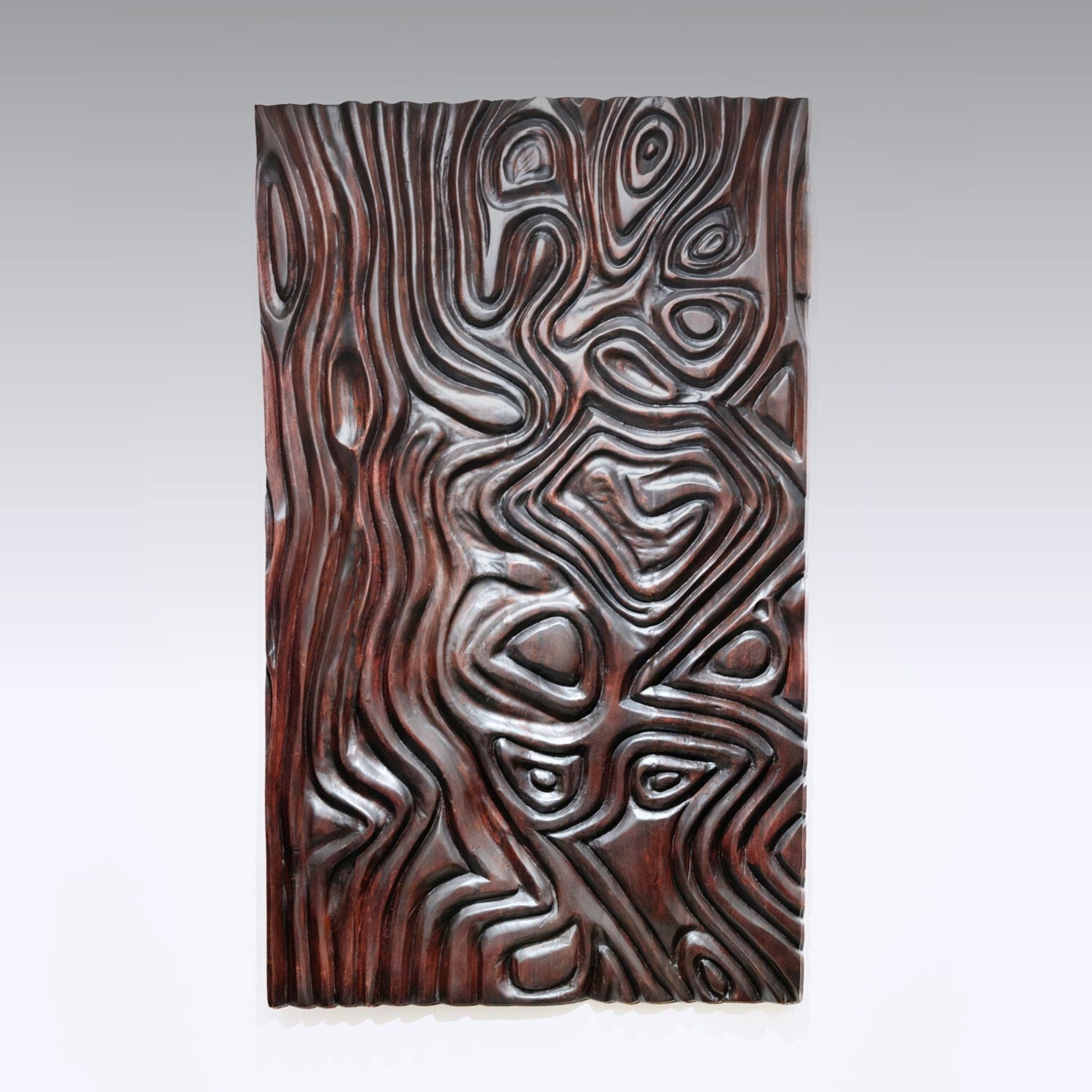
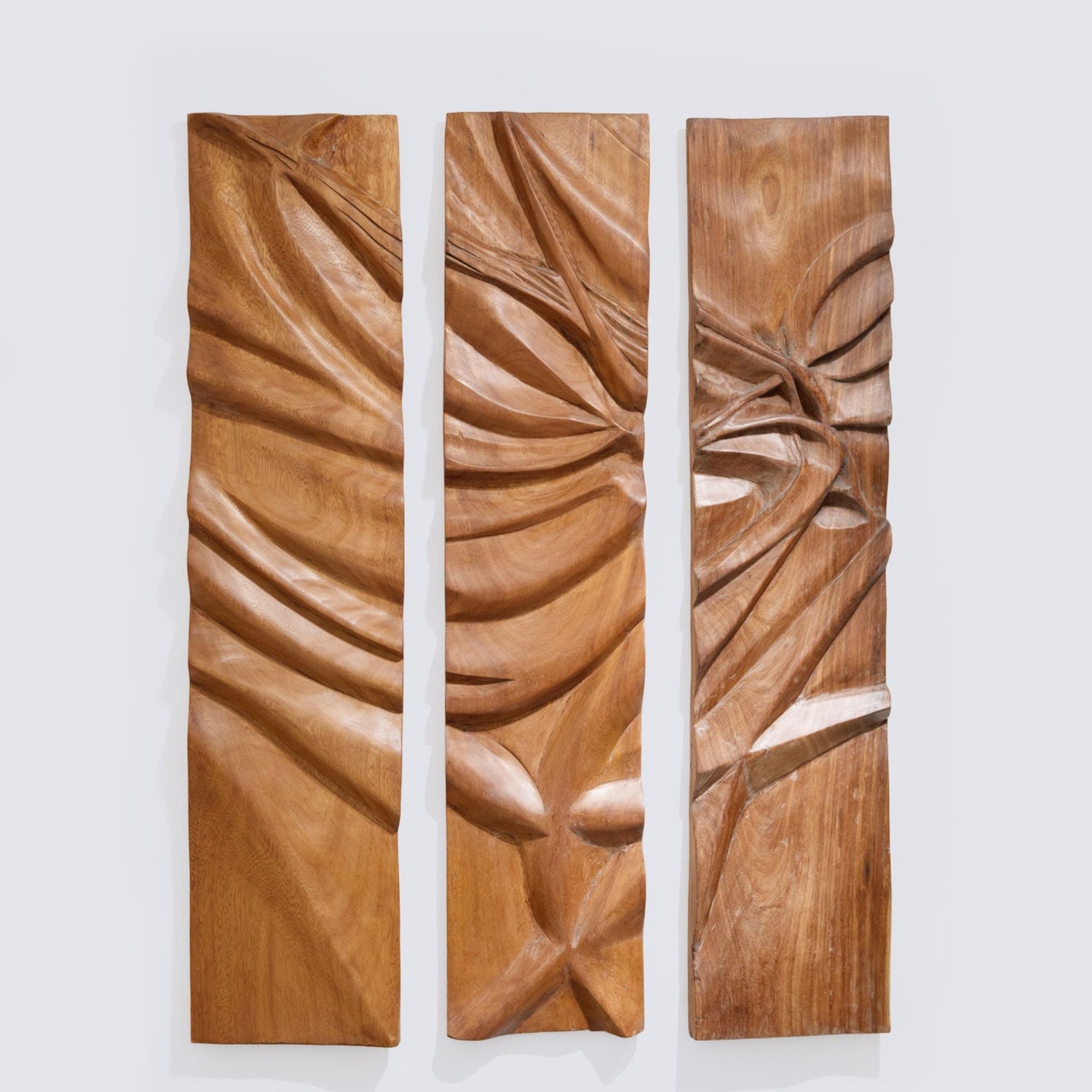
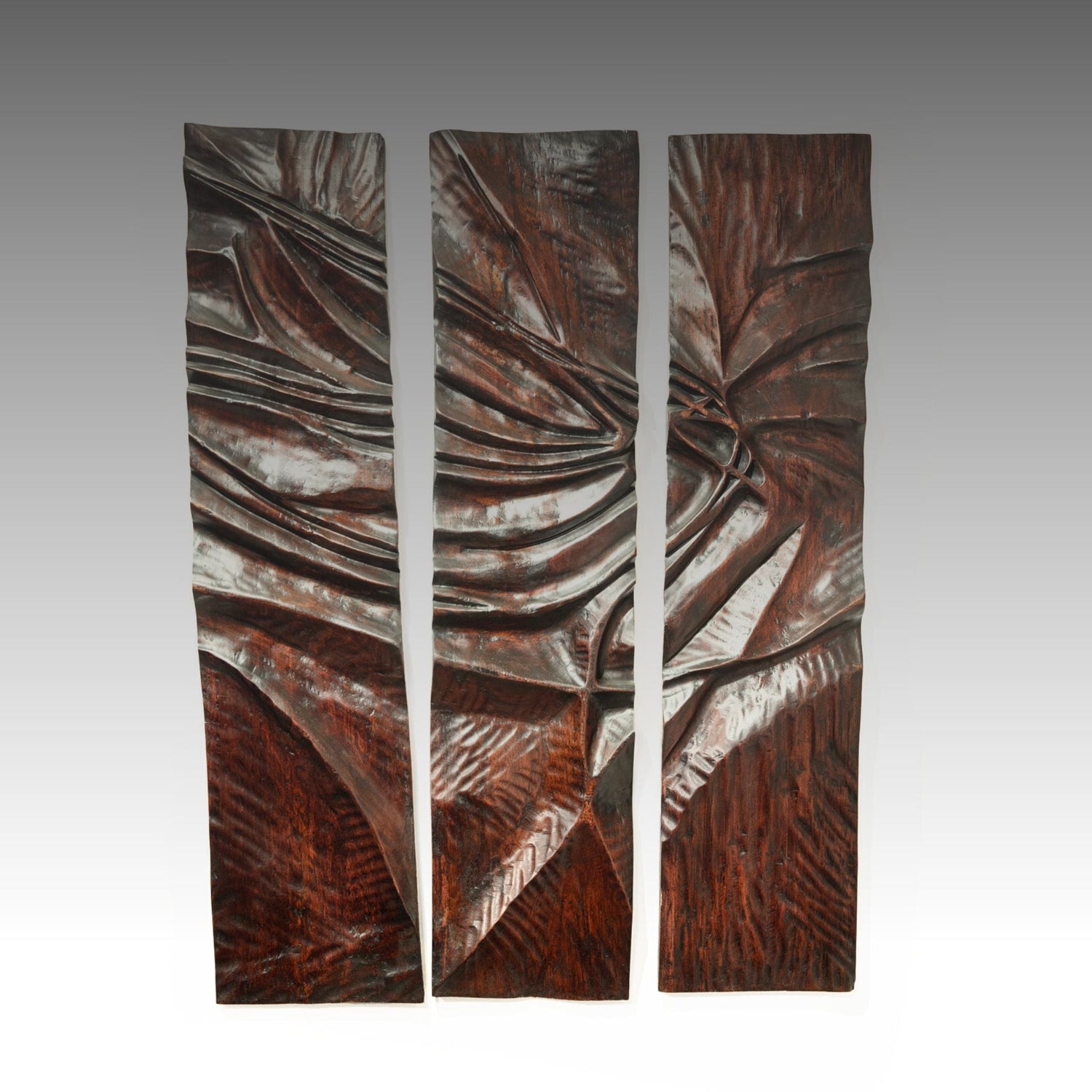
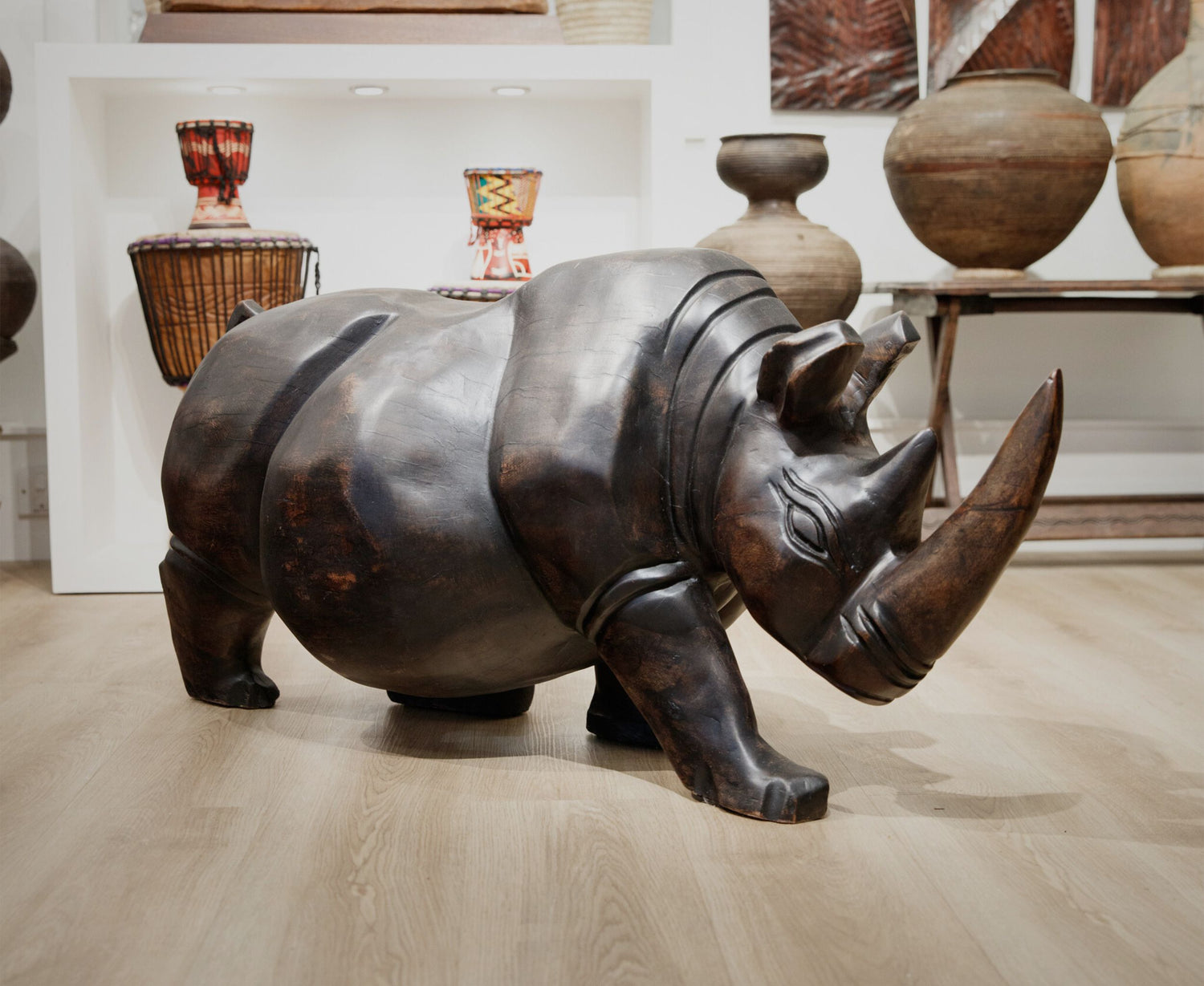
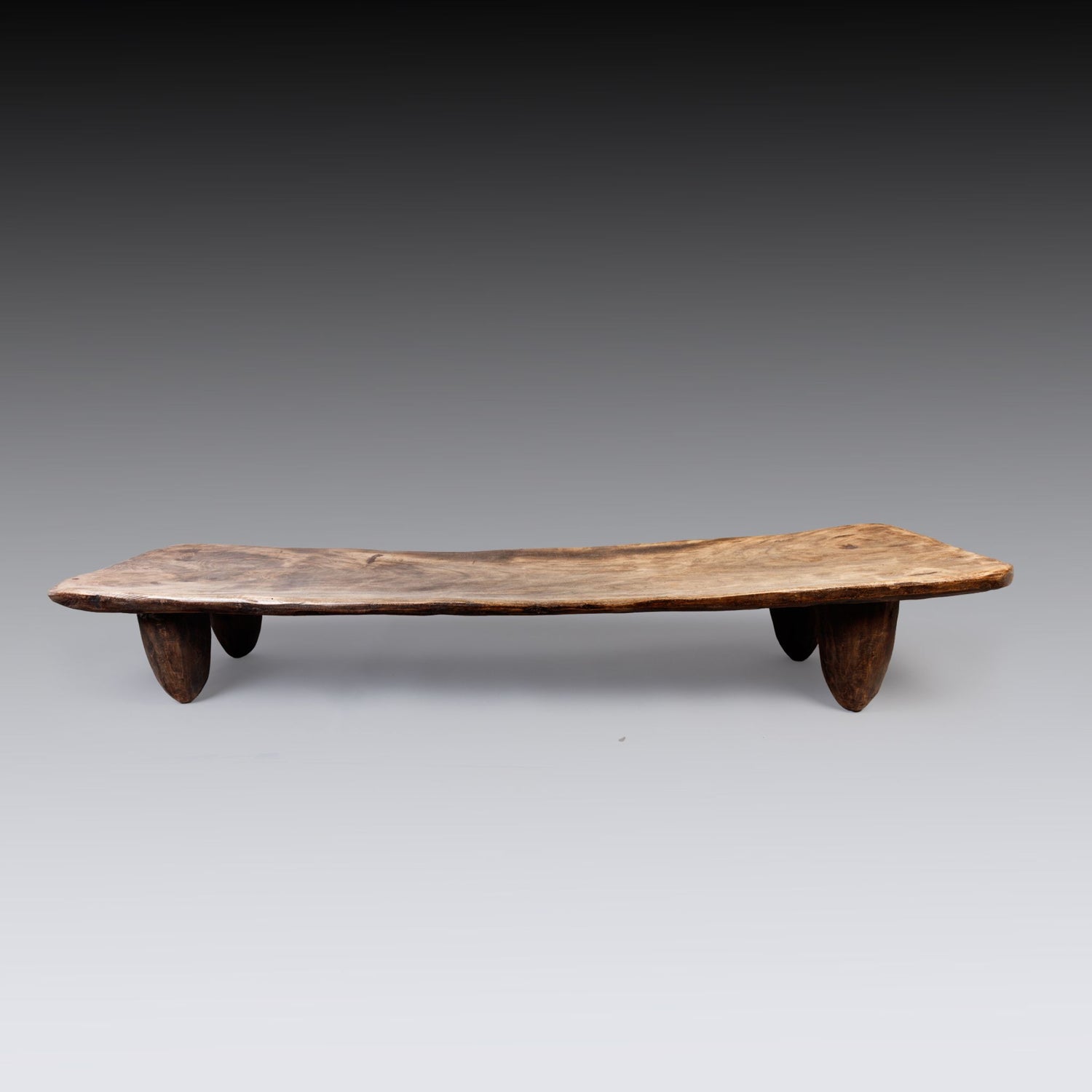


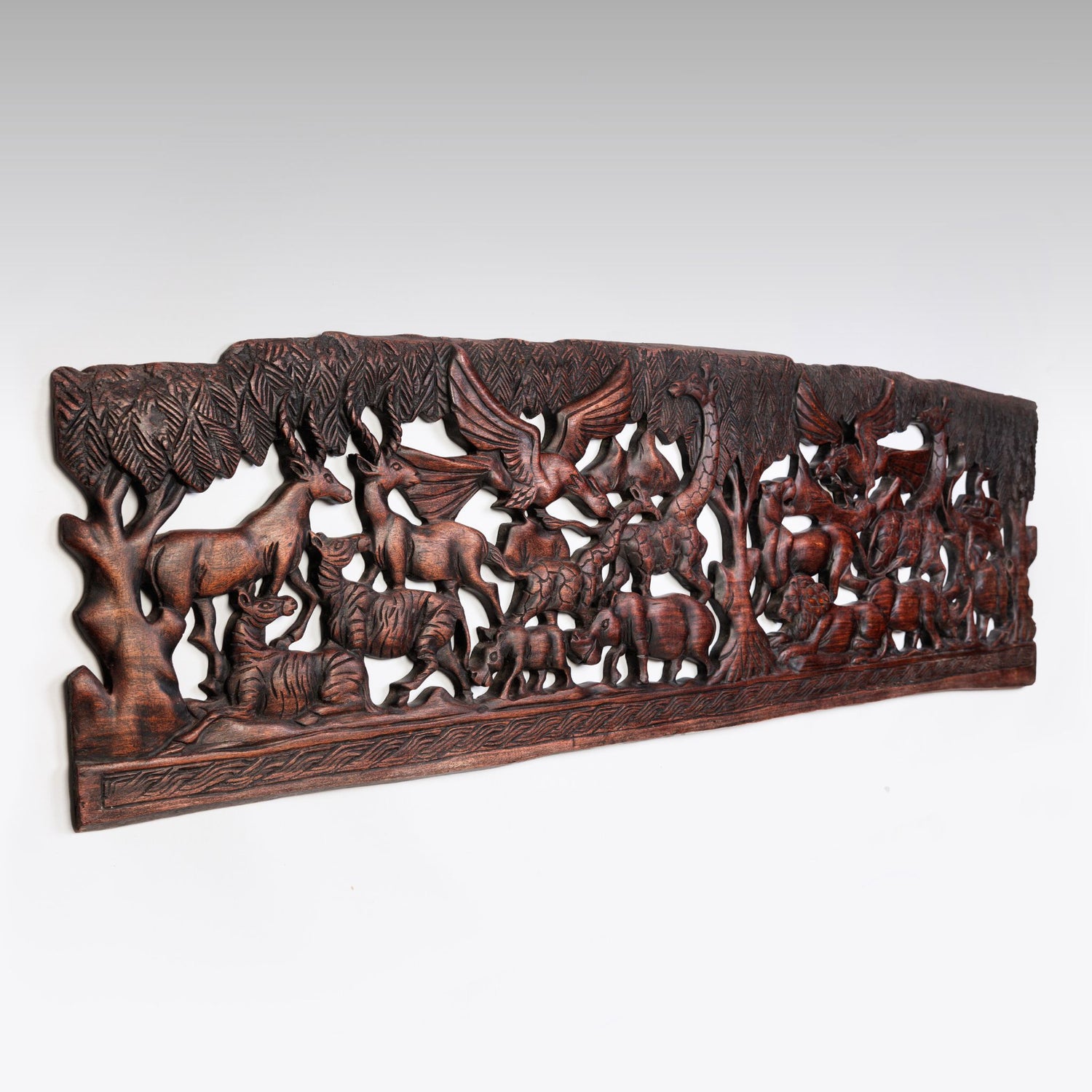
Art Leasing
Art Leasing Process →
Why you should lease artwork for your business
Benefits of Renting Office Art
In the ever-evolving corporate world, flexibility and sustainability are key. Consider the advantages of renting office art:
Freedom from Permanent Commitment: No need to purchase art; swap tired artwork as needed.
Refreshing Your Workspace: Change scenery to break routine and inspire creativity.
Flexible Art Rotation: Regularly switch office artwork to keep spaces dynamic.
Eco-Friendly Choice: Contribute to an environmentally sustainable rental economy.
Cashflow Friendly: No upfront art purchase costs.
Tax Efficiency: Offset rental payments against business revenue without tax liability.
Budget-Friendly: Art rental payments spread over time.
Enhance your office environment with hassle-free, sustainable, and budget-conscious art rental.
Art Commissions
Art Commissions Process →
Commissioning Art
What does it mean to commission art?
Commissioning art is when you hire an artist to create an artwork to your exact requirements.
Some of our artwork can be commissioned. This gives you the opportunity to work with the artist to change elements like size or finish. In some cases, an entirely bespoke piece can be made from a concept or idea.
Why you should commission artwork
Commissioning artwork gives you the opportunity to have a personalised work of art that fits your space perfectly and can be enjoyed for life.
How to Commission art
1. Choose your artwork
First choose your artwork from our catalogue.
Be very clear on what you want. If the artwork is to be modified, have details of your exact dimensions and preferred finish.
Do not expect an exact replica. Most African artwork will vary from the original as natural materials are often used. Imperfections or differences in wood grain may be visible and adds to the character of each piece.
Be clear on the lead time. This is the time between the artist accepting the commission and taking delivery of the artwork.
Be prepared to put down a deposit. A deposit will be required for commissioned art with the balance paid on completion. A delivery fee will be charged with the final payment. Clients can choose to collect their finished artwork from our gallery in London.
Once your requirements are captured, Afrahouse will contact the artist to ensure they are willing to accept the commission before moving to the next stage.
2. Sign a contract
The contract with Afrahouse will contain:
- The price
- Exact details specified for the artwork
- Any additional services requested such as installation/delivery
- Terms of payment
- Lead times
- Revision schedules
- Final approval process
- Your rights as the client in case something goes wrong
3. Commissioning the artist
Once confirmation has been received from the artist accepting the commission and a contract has been signed, the deposit is paid and transferred to the artist. This is normally a third of the final value of the artwork.
Catch-up timeframe is agreed with information on when to expect updates.
Size revisions cannot be made to the artwork after the first payment has been made. You can still make minor changes to the look and finish.
A second payment is normally made halfway through the lead period. This will be after the artist has provided a first update showing progress.
No revisions can be made to the artwork from this point.
The third and final payment is made on completion of the commission. Your approval will be sought before payment, to ensure you are entirely happy with the finished artwork. We will provide clear final pictures of your artwork. For UK based clients, the final payment can be deferred until the artwork is in our gallery in London.
4. Take delivery of your artwork
When your artwork is completed, we will arrange for its transportation to our gallery in London. UK clients can collect from our gallery.
We can also arrange an installation date if the service had been requested.
If a delivery fee was paid, we will then dispatch the artwork to your address.








